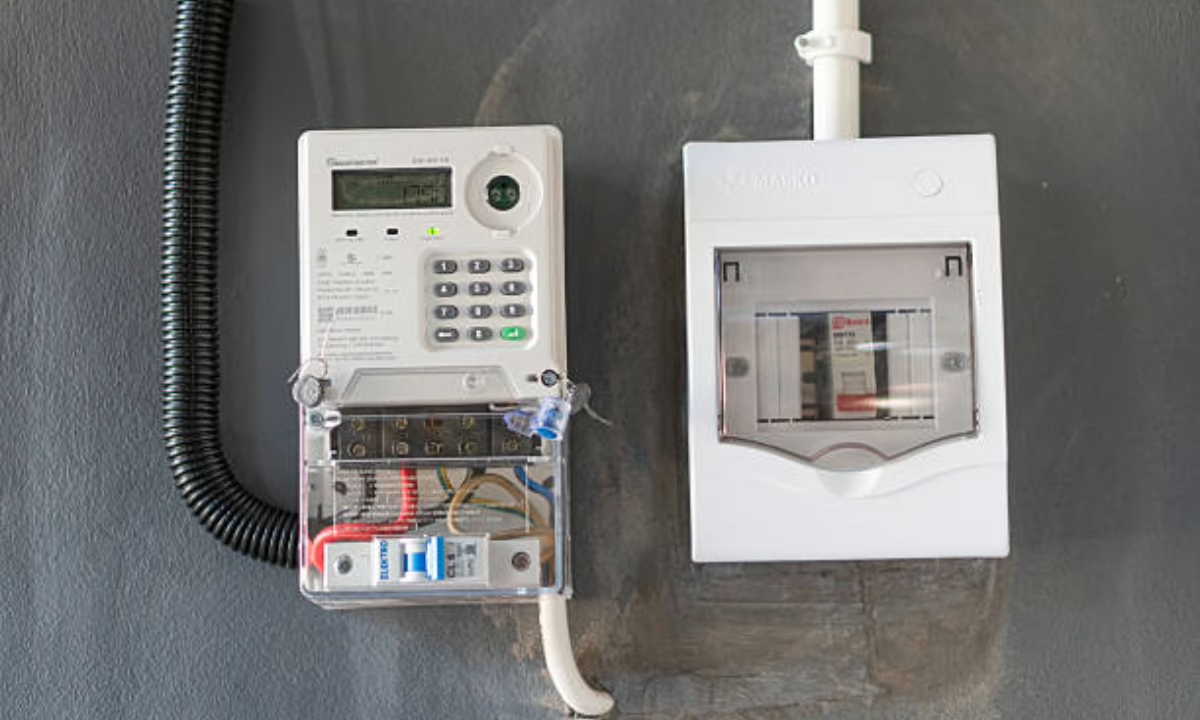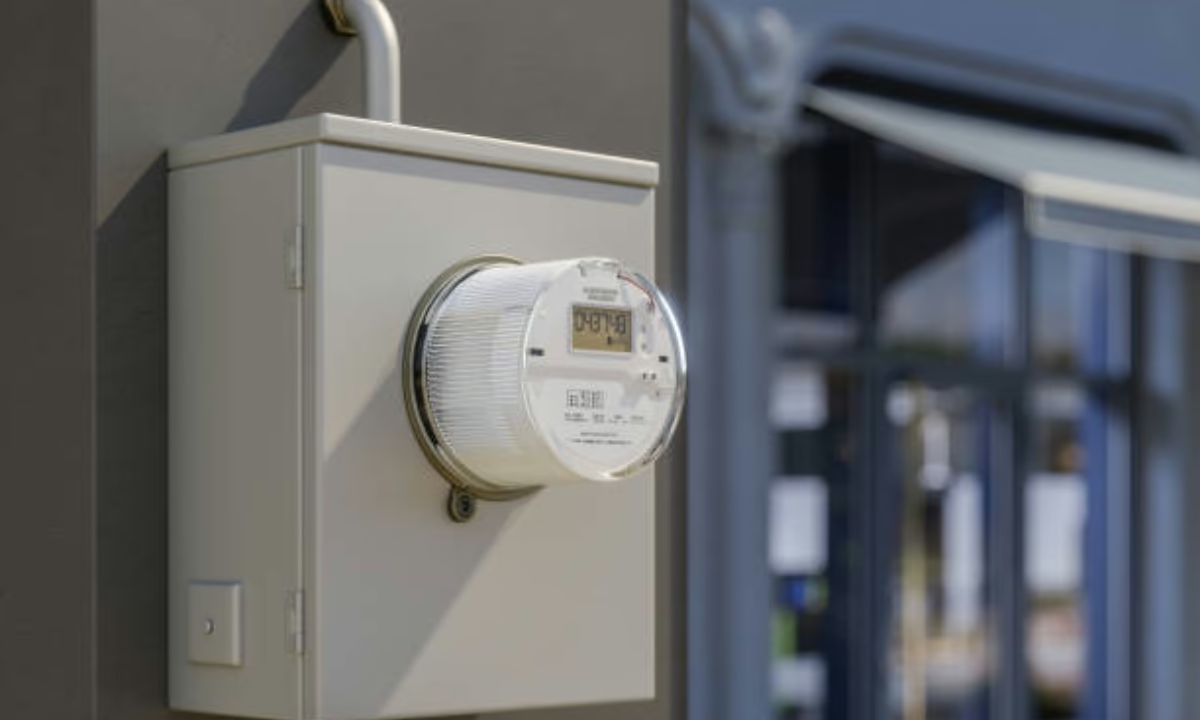Smart metering has become a pivotal technology in the global push toward efficient energy management. Unlike traditional meters, which merely record energy consumption, smart meters provide real-time data on electricity, gas, or water usage. These devices enable two-way communication between utilities and consumers, offering insights into consumption patterns and facilitating better resource management. This blog explores the technical, environmental, and societal impacts of smart metering, focusing on its role in modern energy ecosystems, with relevance to Secure Meters distributors in India.
Technical Foundations of Smart Metering

Smart meters operate through sensing, computing, and communication technologies. At their core, they use advanced sensors to measure energy or resource consumption with high precision. These measurements are processed by embedded microcontrollers, which convert raw data into actionable insights. The data is then transmitted via communication protocols such as Zigbee, Wi-Fi, or cellular networks to utility providers or centralized data management systems. Secure Meters play a key role in supplying these advanced metering solutions, ensuring compatibility with local infrastructure.
The integration of smart meters with Advanced Metering Infrastructure (AMI) is a key feature. AMI encompasses the entire ecosystem, including meters, communication networks, and data management systems. This infrastructure allows utilities to remotely monitor consumption, detect anomalies, and manage billing processes. For example, smart meters can identify power outages or leaks in real time, reducing response times and improving service reliability.
Data security is a critical aspect of smart metering systems. Encryption protocols like AES-256 safeguard data during transmission, while secure boot mechanisms protect meters from unauthorized access. These measures ensure that consumer data remains private and the system is resilient against cyber threats, a priority for Secure Meters distributors in India who supply these technologies.
Enhancing Energy Efficiency
One of the primary benefits of smart metering is its ability to promote energy efficiency. By providing consumers with detailed, real-time insights into their usage, smart meters empower households and businesses to make informed decisions. For instance, a homeowner might notice high electricity consumption during specific hours and adjust appliance usage to reduce costs. Similarly, businesses can optimize operations by identifying energy-intensive processes. Solar panel distributors in India often pair smart meters with solar systems to maximize energy savings.
Smart meters also support demand response programs. These programs incentivize consumers to reduce usage during peak demand periods, helping to balance the grid. For example, during a heatwave, utilities can send signals to smart meters to temporarily adjust thermostat settings in participating households, reducing strain on the power grid. This dynamic interaction between consumers and utilities fosters a more resilient energy system.
From a utility perspective, smart meters enable better load forecasting and grid management. By analyzing consumption data, utilities can predict demand patterns and optimize energy distribution. This reduces the need for expensive peak-load power plants, which are often less environmentally friendly. Secure Meters distributors in India provide utilities with reliable metering solutions to achieve these outcomes.
Environmental Impact
Smart metering plays a significant role in reducing environmental impact. By enabling precise monitoring of energy usage, these devices help minimize wastage. For instance, smart water meters can detect leaks early, preventing unnecessary water loss. In the context of electricity, smart meters facilitate the integration of renewable energy sources like solar and wind into the grid. They do so by providing real-time data on energy generation and consumption, allowing utilities to balance intermittent renewable sources with traditional power. Solar panel distributors in India leverage smart meters to optimize solar energy systems for residential and commercial applications.
Additionally, smart meters support the adoption of microgrids and distributed energy resources. Microgrids, which are localized energy systems, rely on accurate data to operate efficiently. Smart meters provide this data, enabling communities to reduce reliance on fossil fuels and transition to cleaner energy sources. Over time, this contributes to lower greenhouse gas emissions and a reduced carbon footprint, aligning with the goals of solar panel distributors in India and Secure Meters distributors in India.
Societal Benefits
Beyond technical and environmental advantages, smart metering has profound societal implications. It promotes energy equity by providing consumers with tools to manage their usage and reduce costs. Low-income households, in particular, benefit from the ability to monitor and control consumption, avoiding unexpectedly high bills. Some smart metering programs offer prepaid options, allowing consumers to pay for energy in advance and avoid debt.
Smart meters also enhance community resilience. In disaster-prone areas, real-time data from smart meters can help utilities prioritize restoration efforts during outages. For example, after a storm, utilities can use meter data to identify affected areas and deploy resources efficiently. This reduces downtime and improves the quality of life for residents.
Education is another societal benefit. As consumers gain access to detailed consumption data, they become more aware of their energy habits. This awareness often leads to behavioral changes, such as turning off unused appliances or investing in energy-efficient devices. Over time, these small changes contribute to a culture of sustainability, supported by solar panel distributors in India and Secure Meters distributors in India.
Challenges in Smart Meter Deployment
Despite their benefits, smart meters face several challenges. One significant hurdle is the high initial cost of deployment. Installing smart meters across a large utility network requires substantial investment in hardware, software, and infrastructure. For utilities in developing regions, this cost can be prohibitive, slowing adoption.
Interoperability is another issue. Different manufacturers produce smart meters with varying standards and protocols, which can complicate integration into a unified system. Standardization efforts, such as those by the International Electrotechnical Commission (IEC), aim to address this, but progress is ongoing. Secure Meters distributors in India work to ensure compatibility with diverse systems.
Consumer acceptance is also a factor. Some individuals express concerns about privacy due to the detailed data collected by smart meters. Others may resist the transition from traditional meters due to unfamiliarity with the technology. Addressing these concerns requires transparent communication about data security and the benefits of smart metering.
Future Trends in Smart Metering
The future of smart metering lies in its integration with emerging technologies. Artificial Intelligence (AI) and Machine Learning (ML) are already used to analyze consumption data and predict usage patterns. For example, AI algorithms can identify anomalies in energy usage, such as a sudden spike that might indicate a malfunctioning appliance. This predictive capability enhances maintenance and reduces costs.
Internet of Things (IoT) is another key trend. Smart meters are increasingly being integrated with IoT devices, such as smart thermostats and appliances, to create fully connected energy ecosystems. This allows for automated energy-saving adjustments, such as dimming lights or reducing heating when a space is unoccupied.
Blockchain technology is also gaining traction in smart metering. Blockchain can enable secure, decentralized energy trading, allowing consumers to sell excess energy from solar panels or other sources directly to neighbors. Smart meters provide the data needed to facilitate these transactions accurately, a process supported by solar panel distributors in India and Secure Meters distributors in India.
Conclusion
Smart metering represents a transformative step in energy management. By providing real-time data, enabling demand response, and supporting renewable energy integration, smart meters contribute to a more efficient and sustainable energy ecosystem. While challenges like cost, interoperability, and consumer acceptance remain, the ongoing development of AI, IoT, and blockchain technologies promises to enhance their capabilities. As the world moves toward a cleaner, more equitable energy future, smart meters, supported by solar panel distributors in India and Secure Meters distributors in India, will play a central role in shaping how we produce, consume, and manage resources.




